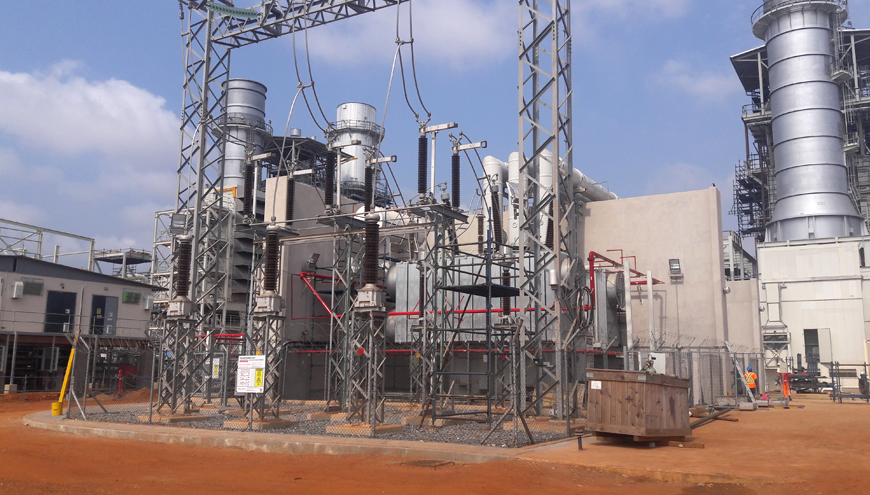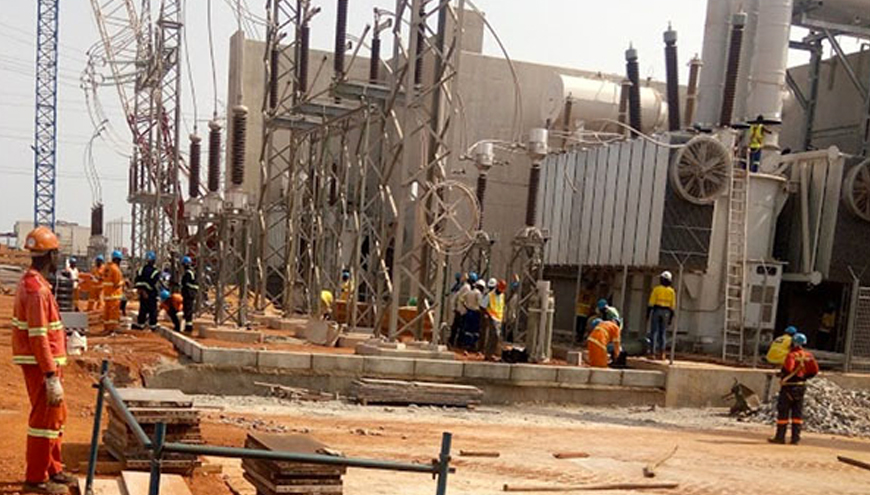
Ghana
Cenpower
Power to the people. Cenpower will add around 12% to Ghana’s installed power generation capacity.
$903m
Total investment
$34m
Value of PIDG investment
8m
Number of people benefitting
Background
Ghana’s demand for electricity has increased rapidly in recent years, however this cannot be met by its existing power generation capacity. Ghana relies upon expensive fossil fuel imports and many homes and businesses depend on polluting diesel back-up generators. Frequent power outages have been exacerbated by unreliable rainfall affecting power supplies from the country’s Akosombo hydroelectric dam. The Government of Ghana are committed to improving access to electricity and are looking to thermal energy to form part of Ghana’s energy mix, meeting the need for base-load power to underpin the country’s economic development.
Project
A group of Ghanaian entrepreneurs, Cenpower Holdings, conceived the Kpone IPP, a 350MW Combined Cycle Gas Turbine (CCGT) plant, to address Ghana’s power deficit. However, as the first greenfield project-financed IPP of its kind in Ghana, the project struggled to attract private sector investors. InfraCo Africa invested US$11m, alongside US$805,000 from TAF, attracting support from the African Finance Corporation (AFC) to jointly develop the project. Demonstrating the project’s commercial viability has enabled it to attract private investment. The site, near Accra, lies close to the West African Gas Pipeline. Fuel-efficient CCGT plants use crude oil, diesel and natural gas and the latter is expected to dominate once reliable supply is secured. EAIF provided US$22m in long-term senior debt to the project, enabling it to achieve timely financial close. InfraCo Africa have now exited the project, which is expected to become operational shortly.
Impact
Cenpower will add around 12% to Ghana’s installed power generation capacity. By delivering power to Ghana’s national grid, Kpone IPP will provide sufficient power to meet the needs of more than 8 million people. The project will create over 600 construction and 70 long-term jobs. Cenpower secured the first generation license issued by the Government of Ghana, and is the first IPP to take fuel supply risk. The project secured 67% of its equity and 83% of its senior debt finance from African sources and attracted new international investors including Japan’s Sumitomo Corporation, which had not previously invested in a thermal IPP in Africa. Cenpower was recognised as the African Power Deal of the Year at the 2014 Thomson Reuters Project Finance International (PFI) Awards.
This is a shining example of what can be achieved when Africa’s public and private sectors combine in innovative and sustainable partnership, to create the bankable energy infrastructure projects so critical to the continent’s economic growth.


